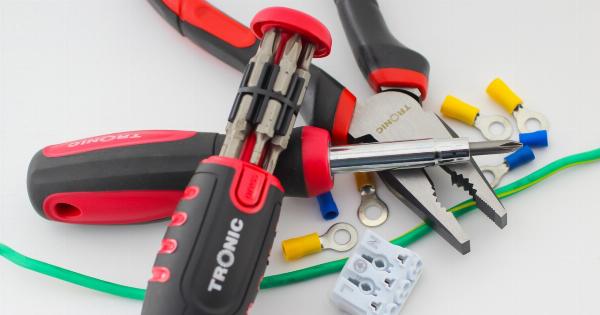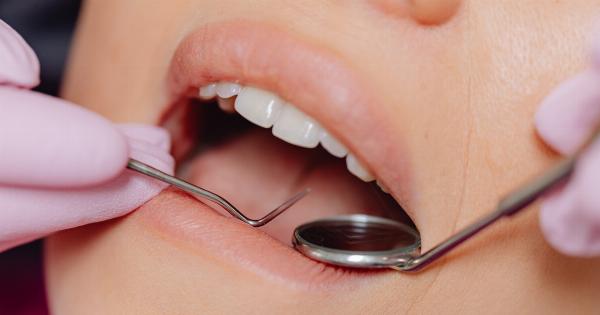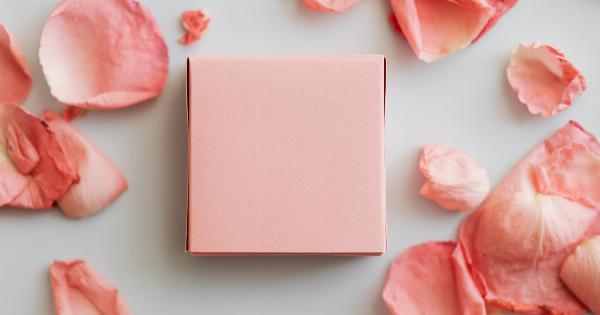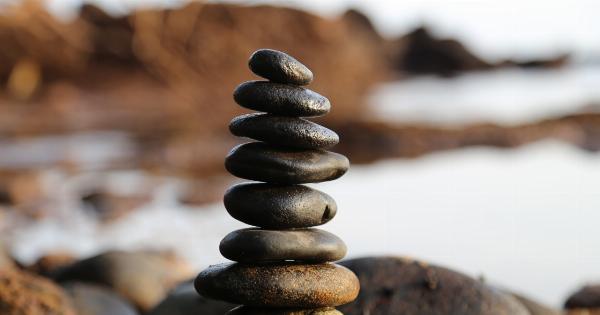Do you wake up with a shining smile in the morning? It’s a great feeling, isn’t it? But if you experience this on a regular basis, it may be indicative of something more concerning – grinding your teeth in your sleep, also called bruxism.
Bruxism can lead to a slew of dental problems including cracked teeth, jaw pain, headaches, and tooth pain, to name a few.
Fortunately, there are several ways to manage teeth grinding in your sleep and prevent damage to your teeth and overall dental health.
Solution #1: Mouthguards
Mouthguards are an effective way to prevent dental damage that results from bruxism. They work by creating a protective barrier between your teeth and preventing them from coming into contact with each other, which can lead to damage.
There are two types of mouthguards available – over-the-counter and custom-fitted.
Over-the-counter mouthguards are readily available at drugstores and are relatively inexpensive. While they may provide some protection against bruxism, they are not as effective as custom-fitted mouthguards.
Custom-fitted mouthguards require a visit to the dentist, who will take a mould of your teeth and create a mouthguard that fits your mouth perfectly.
Custom-fitted mouthguards are more expensive than over-the-counter options, but they provide better protection against bruxism and are more comfortable to wear.
Solution #2: Reducing Stress
Stress is a significant contributor to bruxism. To manage teeth grinding in your sleep, it’s essential to work on reducing your stress levels. Some effective stress-reducing activities include:.
- Yoga and meditation
- Deep breathing exercises
- Exercise and physical activity
- Talk therapy with a mental health professional
- Engaging in hobbies or activities that you enjoy
Solution #3: Good Oral Hygiene Habits
Good oral hygiene habits can help prevent dental problems that result from bruxism. Brush your teeth twice a day and floss regularly to remove any food particles that may have become lodged between your teeth.
In addition, visit your dentist regularly for professional teeth cleaning and for any dental issues that may arise.
Solution #4: Limiting Caffeine and Alcohol
Caffeine and alcohol can both contribute to teeth grinding in your sleep. Limiting your intake of these substances can help prevent bruxism and improve your overall dental health.
Solution #5: Muscle Relaxation
In addition to stress-reducing activities, muscle relaxation techniques can also help manage bruxism. Some effective muscle relaxation techniques include:.
- Massaging your jaw muscles before bed
- Applying a warm compress to your jaw muscles
- Gently stretching your jaw muscles
Solution #6: Dental Correction Procedures
In severe cases, dental correction procedures may be necessary to manage bruxism. These procedures include:.
- Tooth reshaping to correct alignment issues
- Crown or bridge placement to prevent damage from tooth fractures
- Orthodontic treatment to correct alignment issues and reduce pressure on the teeth and jaw muscles
By incorporating these solutions into your daily routine, you can effectively manage bruxism and prevent damage to your teeth and overall dental health.































